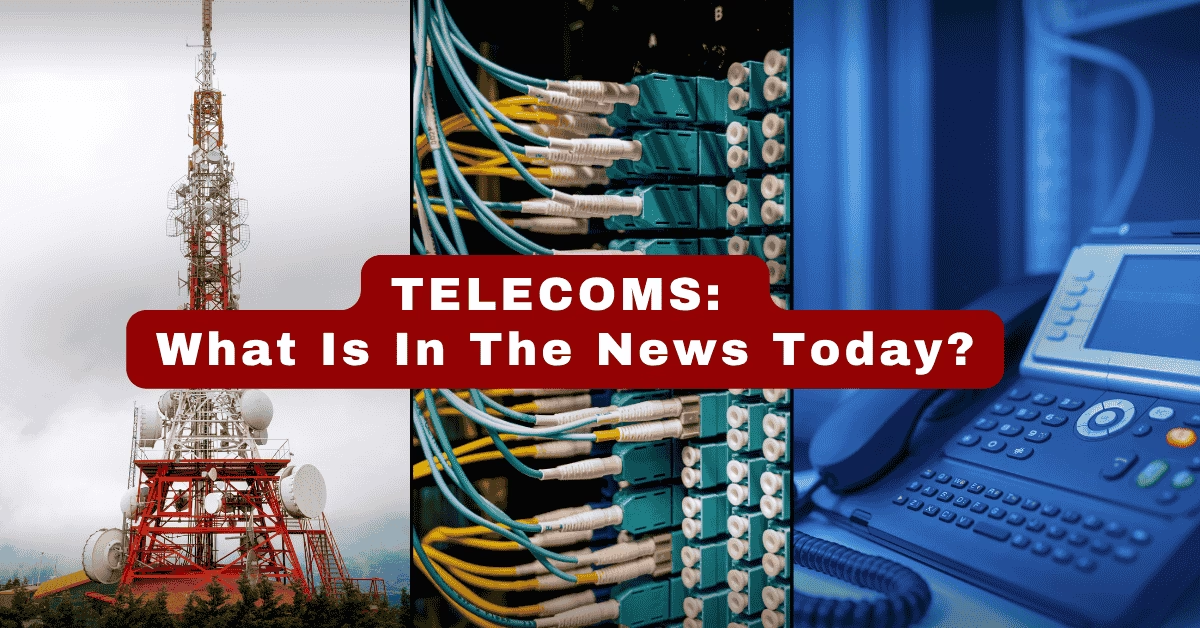
- NCC’s market-driven pricing sparks $1B telecom investment surge in 2025.
- Stable regulation and broadband rollout attract local, foreign investors.
- Swift NCC action averts nationwide telecom shutdown amid diesel crisis
NCC’s Market-Driven Pricing Spurs Over $1 Billion Telecom Investment Boom in 2025
The shift to a market-driven pricing strategy by the Nigerian Communications Commission (NCC) has certainly garnered significant attention and positive investor response. By reverting to the principles laid out in the 2000 Telecom Policy and the 2003 Communications Act, the NCC has effectively revitalized investor confidence, leading to an estimated over one billion dollars in infrastructure investment in just 2025 alone.
This decision by the NCC helps balance the value chain, correcting issues where tower companies had the flexibility to adjust prices due to inflation and exchange rate changes, unlike mobile network operators. Such disparity had previously discouraged investors, slowing down network expansion and service innovation. With the restoration of market-driven pricing, investors are more inclined to commit resources, knowing the environment supports fair competition and reflects true market conditions.
The NCC’s proactive approach, including regular check-ins with operators and interventions when challenges arise, ensures that infrastructure rollout and network upgrades progress efficiently. This responsive governance aids in maintaining momentum and addressing hurdles promptly, ensuring that Nigeria’s telecom sector remains competitive on the global stage.
Overall, this strategic shift represents a win-win scenario for the Nigerian telecom industry, promising enhanced service quality for consumers and sustainable economic growth fueled by robust infrastructure investment.
Stable Regulatory Environment and Broadband Expansion Catalyze Investment Surge in Nigeria’s Telecom Sector
In a significant boost to Nigeria’s digital economy, the Coalition for Inclusive Digital Growth (CIDG) has reported a surge in both local and international investments in the country’s telecom sector. This influx is attributed to the stable regulatory environment and the Nigerian Communications Commission’s (NCC) strategic push towards expanding broadband coverage, particularly in underserved rural areas.
In a comprehensive statement released on Wednesday, CIDG highlighted the pivotal role played by the NCC under the leadership of Executive Vice Chairman Dr. Aminu Maida. The commission’s efforts in licensing more infrastructure firms and the installation of additional base stations have notably narrowed the connectivity gap in remote regions. As a result, millions of rural Nigerians now enjoy access to online education platforms, digital agricultural tools, and e-commerce services, effectively linking them to broader markets.
CIDG President, Peter Ezza, praised the NCC for creating a predictable and secure investment climate, which has drawn both local and foreign investors eager to capitalize on the potential for growth. “Investors will always go where there is predictability, security, and growth potential. The NCC has provided clear policy direction, created incentives for network expansion, and upheld industry standards that make Nigeria an attractive destination for telecoms and tech investments,” Ezza remarked.
The coalition acknowledged the NCC’s rural internet rollout as a critical driver of economic activity in less-served communities. By enhancing digital connectivity, the initiative supports various sectors, including education, agriculture, and commerce, thereby fostering overall economic development.
As the telecom sector continues to grow, these developments signal a promising future for Nigeria in the global digital landscape. Enhanced connectivity not only supports economic diversification but also empowers local communities by providing them with the tools necessary to participate in the digital economy.
The Nigerian telecom sector’s progress underlines the importance of stable regulations and strategic investments in technology infrastructure. As the nation bridges its digital divide, stakeholders remain optimistic about the sector’s potential to transform Nigeria into a leading hub for digital innovation and economic growth.
NCC’s Swift Action Averts Nationwide Telecom Shutdown Amid Diesel Supply Crisis
In the critical days leading up to a looming nationwide shutdown of Nigeria’s telecom services, a resolute effort was quietly taking place behind the scenes. Central to this mission was the Nigerian Communications Commission (NCC), which worked diligently to coordinate with partners and stakeholders to protect the vital infrastructure that maintains national connectivity.
The crisis emerged when the Natural Oil and Gas Suppliers Association of Nigeria (NOGASA) declared its intention to initiate an industrial strike. This strike threatened to cut off diesel supplies to telecom sites throughout the country, causing immediate and potentially devastating consequences. The telecom sector, heavily dependent on diesel-powered generators, faced the grim prospect of widespread service disruptions, leaving millions without mobile connectivity and internet access. Such disruptions threatened not only to halt business operations but also to trigger a cascade of negative effects on the economy and national security.
As the situation developed, the NCC played a crucial role in mobilizing efforts to avert catastrophe. Their behind-the-scenes work was pivotal in rallying partners and stakeholders to ensure that Nigeria’s telecom infrastructure remained operational despite the mounting challenges.
Through strategic negotiations and collaboration with multiple stakeholders, the NCC aimed to secure alternative solutions to maintain diesel supplies, thereby preserving the continuity of telecom services. Their efforts underscored the importance of a resilient infrastructure and proactive crisis management in safeguarding the nation’s connectivity.
While the threat loomed large, the NCC’s determined action showcased the pivotal role of strategic collaboration and quick response in safeguarding national interests against potential disruptions. This episode highlighted the critical interdependence between the energy and telecommunications sectors, emphasizing the necessity for robust contingency planning to mitigate risks in times of industrial strife.
Ultimately, the crisis served as a reminder of the essential nature of telecom services to Nigeria’s economy and security, reinforcing the need for future-proof strategies to protect crucial infrastructure from unforeseen challenges.





